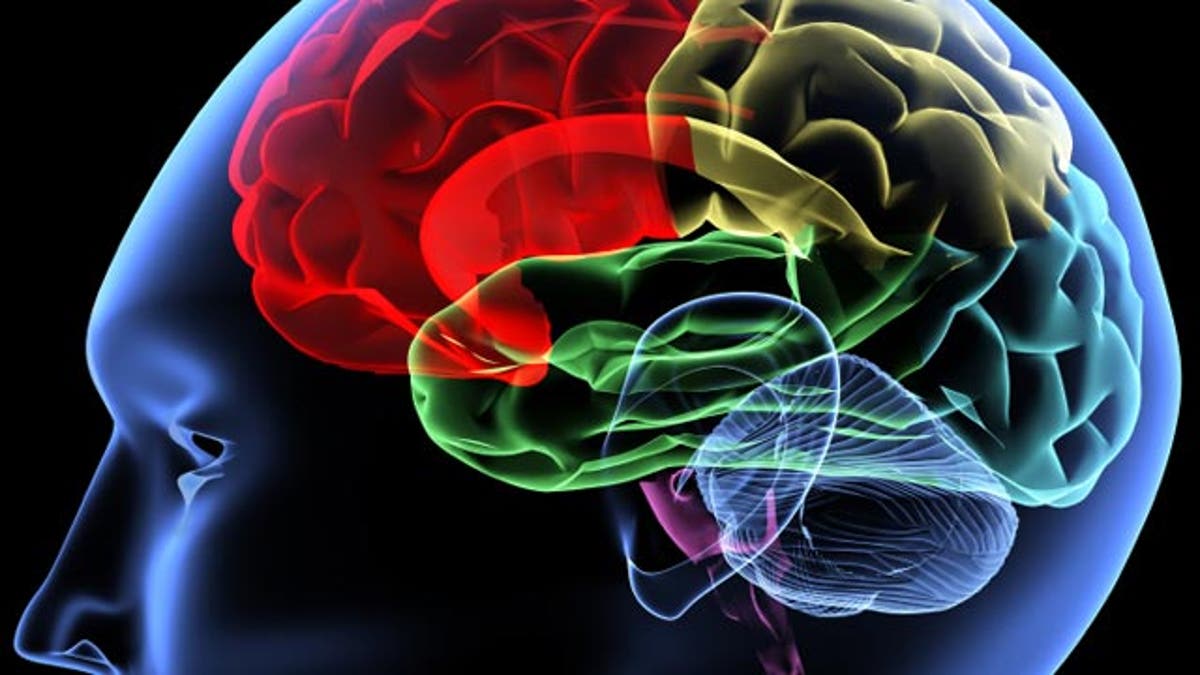
Scientists have shown that a drug that normalizes dopamine levels in the brain can reduce alcohol cravings in people dependent on drink.
The finding was based on two studies, one conducted on people and one on rats. In the human trial, patients who took the experimental drug showed a marked reduction in alcohol craving. A separate animal study suggested that the drug works by acting on dopamine levels.
“It is proof of concept” that alcohol dependency can be treated by targeting the dopamine system, said Pia Steensland, neuroscientist at Karolinska Institute in Sweden and co-author of both studies. “We need to do larger trials” to validate the results.
Current drugs for alcohol dependency aren’t especially effective. The population of patients is genetically diverse, so only certain subgroups benefit. Prescription rates are low. As a result, the need for better medicines is huge.
Alcohol makes the brain’s reward system release more dopamine than normal, triggering a feeling of well-being. But as more alcohol is drunk, the more the reward system is desensitized and the less dopamine is released. Eventually, a person drinks more alcohol not just to feel euphoric, but to attain a state of physical and emotional normality. Thus, addiction sets in.
More than 16 million adults in the U.S. have an alcohol-use disorder and nearly 88,000 people die each year from alcohol-related causes, according to the National Institutes of Health. In 2006, alcohol misuse cost the U.S. economy $223.5 billion, the NIH said.







































